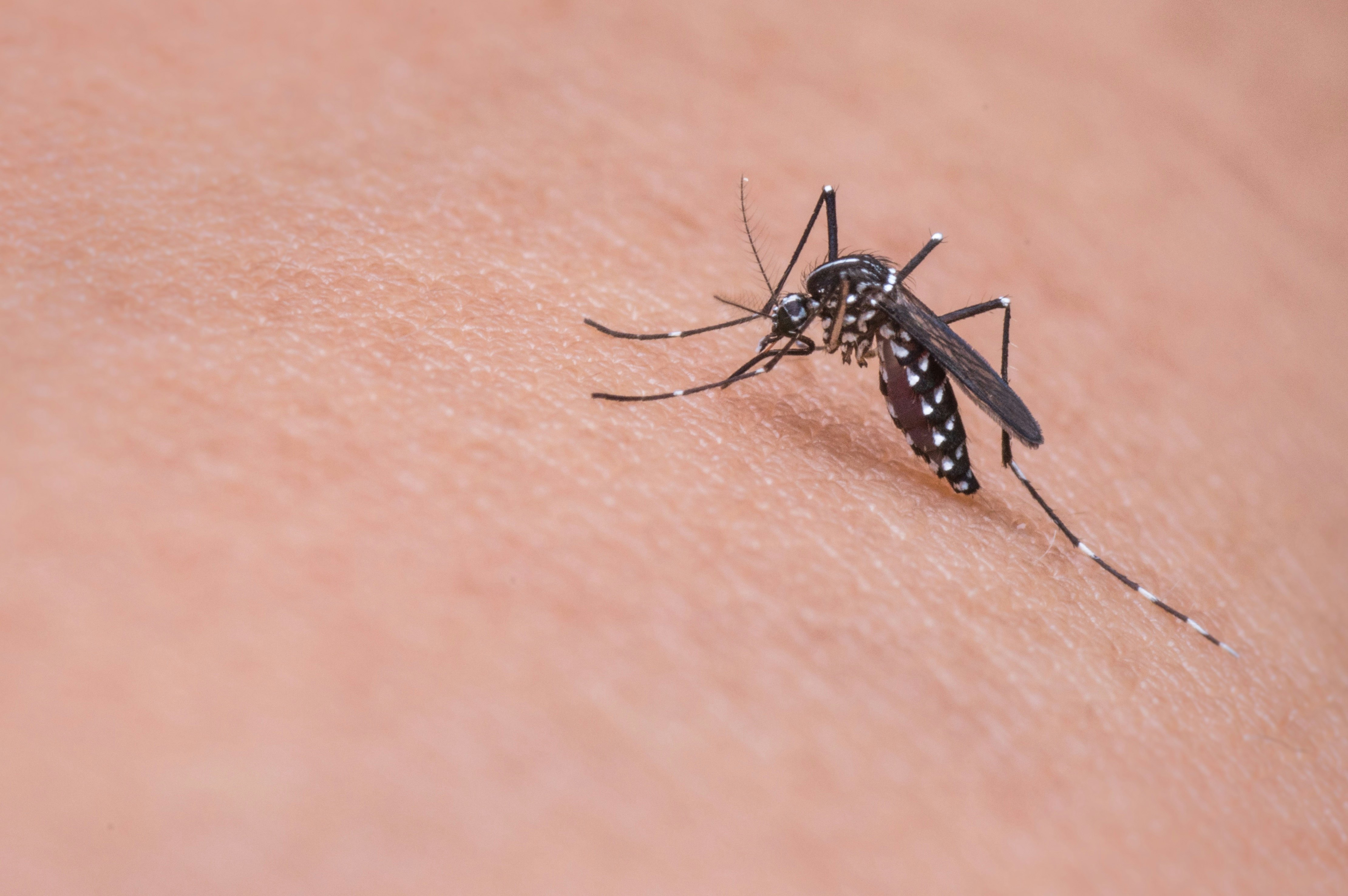
Malaria, a mosquito-borne infectious disease mostly found in tropical climates, is now on American shores. Late Monday, the Centers for Disease Control and Prevention announced a spat of cases — one in Texas and four in Florida — discovered in May and June that were locally acquired versus acquired while traveling abroad. This is the first time this has happened since 2003.
The CDC said that all five patients received treatment and are recovering, but the agency remains on alert for any new cases. While malaria was once a public health threat in the US, its presence was eradicated in the early 1950s. The last major outbreak was in 2003 with eight patients in Palm Beach County, Florida, all of whom had significant outdoor exposure.
For now, the CDC says the risk of catching malaria in the US “remains extremely low.” However, the instance shouldn’t be taken lightly, especially as many of us will be spending more time outdoors and traveling during the summer. Here’s what you need to know.
What is malaria?
Malaria is a life-threatening infection caused by parasites belonging to the Plasmodium family, five of which cause illness in humans, but two — Plasmodium falciparum and Plasmodium vivax — pose the greatest threat.
The malaria parasites live in the salivary glands of infected female Anopheles mosquitoes and are primarily transmitted during a blood meal (i.e., when they bite). Inside the body, the malaria parasites travel through the bloodstream to get to the liver, where they lay down roots, multiplying and developing.
After about 10 to 18 days, although it can take longer, a brood of parasites re-enter the bloodstream and seek red blood cells as their next nesting ground. Inside, they destroy the red blood cells, leading to a whole host of recurrent symptoms. These include fever, chills, sweats, headache, body aches, fatigue, nausea, and vomiting. In severe cases, malaria can cause complications such as organ failure, anemia, respiratory distress, and cerebral malaria, which affects the brain and can be fatal.
How do you diagnose and treat malaria?
Diagnosing malaria typically involves a blood smear where a blood sample is visually inspected under a microscope. Other tests include rapid antigen diagnostic tests that work by detecting specific malaria antigens in a blood sample; a polymerase chain reaction (or PCR) test might be done to determine the exact parasitic species, which can then inform treatment, especially if you’re dealing with drug-resistant malaria, which is an ongoing issue.
A common treatment for malaria is the prescription drug chloroquine phosphate. For drug-resistant parasites, there are artemisinin-based combination therapies using two or more drugs that damage proteins the parasite needs to survive.
Aside from antimalarial drugs, new vaccines against the parasite are being deployed in Africa, where the burden of the disease is immense. In October 2021, the World Health Organization recommended the RTS,S vaccine developed by the pharmaceutical company GlaxoSmithKline for use in Africa. In April, following preliminary trial results, two African countries approved a second, more effective malaria vaccine developed by the University of Oxford, reported Vox earlier this month.
Should you worry?
No, but the CDC does recommend the following to protect yourself against Anopheles mosquitos:
- Prevent mosquito bites with insect repellent and wear loose-fitting clothes, long-sleeved shirts, and pants.
- Cover doors and windows with intact screens to keep the mosquitoes from entering your house.
- Dispose of any standing water to stop the mosquitoes from laying eggs. Swimming pools should be regularly cleaned and kept appropriately chlorinated.
- Use a mosquito net while sleeping, especially when traveling in a mosquito-endemic area or sleeping outside.
As the climate gets hotter and more hospitable to infectious diseases, there are concerns we could see the rise of malaria worldwide, according to a 2021 study published in The Lancet.
“Rising global mean temperature will increase the climatic suitability of both diseases, particularly in already endemic areas," the study’s authors write. "The predicted expansion toward higher altitudes and temperature regions suggests that outbreaks can occur in areas where people might be immunologically naive and public health systems unprepared.”







